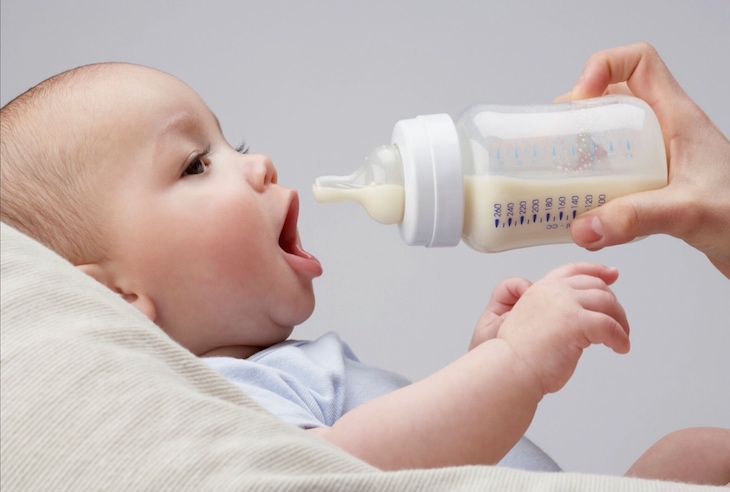Senator Patty Murray (D-WA) is demanding accountability in the powdered infant formula crisis. After four infants were sickened with Cronobacter infections starting in September 2021, the FDA conducted an inspection at the Abbott Nutrition Sturgis, Michigan plant and found environmental contamination with that pathogen. The patient isolates did not match the environmental samples, but the plant was closed for weeks for cleaning and an investigation, triggering a shortage.

Senator Murray is part of the HELP Committee, which is working on a bipartisan deal to respond to this crisis, as part of th FDA Safety and Landmark Advancements Act.
Senator Murray said in a statement, “Families need accountability from FDA and formula manufacturers, and they desperately need formula—and I am pushing to get them both at every opportunity I can. The legislation we passed today includes several valuable steps from me and my colleagues to address this crisis and ensure we are never in a situation like this again. It requires FDA to investigate and resolve the mailroom issues that hindered its response, requires manufacturers to notify FDA of issues that could disrupt supply, requires FDA to put forward a concrete plan to get formula on shelves as soon as possible, and more. These are all common-sense steps we must get across the finish line, and I’m grateful to Senator Casey for his partnership. I started pushing for answers as soon as Abbott’s recall was announced, and I am not going to stop pressing for action on this until parents have the formula they need for their kids, and accountability they need to know this will never happen again.”
The Committee is proposing many steps to help prevent this type of crisis that include:
Require FDA to conduct annual inspections of each manufacturer of infant formula;
Require FDA, in consultation with the Secretary of Agriculture, to develop and issue within 90 days of enactment a national strategy on infant formula to increase the resiliency of the infant formula supply chain, protect against future contamination and other potential causes of shortages, and ensure parents and caregivers have access to formula and information they need;
Require infant formula manufacturers to submit a report to FDA promptly after the initiation of a recall, including a plan of actions the manufacturer will take to address the recall;
Require infant formula manufacturers to notify FDA of discontinuances in manufacturing that are likely to lead to a meaningful disruption in the supply of infant formula;
Require FDA to ensure timely communication with manufacturers following an inspection and to re-inspect facilities in a timely manner;
Require FDA to submit a report to Congress on the development and implementation of new or revised policies and procedures to monitor and ensure the effective receipt, tracking, managing, and prioritization of complaints;
Establish the Office of Critical Foods in the Center for Food Safety and Applied Nutrition (CFSAN) at the FDA;
Require FDA to work with other countries to discuss harmonizing regulatory requirements for infant formula;
Require FDA to submit an annual report to Congress on infant formula submissions and inspections;
Requires the FDA to notify Congress of a recall of infant formula products and an estimate of any disruption in supply
Allows importation of specialty infant formula during the current shortage from countries with similar protections as the US, as well as importation for personal use for 90 days.
The FDA has increased imports of formula and has been working with other powdered infant formula manufacturers to increase supply to help parents feed their children.




